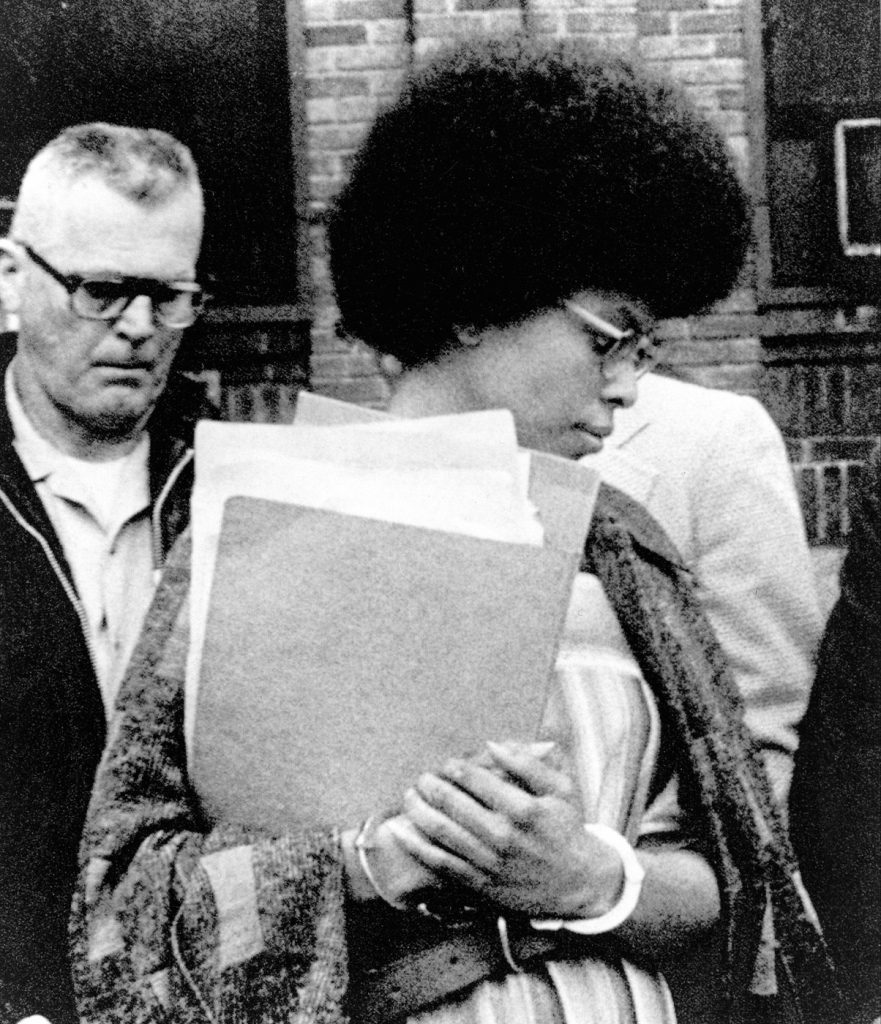Assata Shakur, a prominent Black liberation activist, has passed away in Cuba at the age of 76. Shakur, born Joanne Deborah Chesimard, died on Thursday in Havana due to "health conditions and advanced age," as confirmed by Cuba's Ministry of Foreign Affairs. Her daughter, Kakuya Shakur, also announced her mother's death on social media.
Shakur is most known for her controversial history, having escaped from a U.S. prison in 1979 after serving a life sentence for the murder of New Jersey State Trooper Werner Foerster. She was granted political asylum in Cuba, where she had lived for decades. The case has remained a significant point of tension in U.S.-Cuba relations, with past American administrations, including that of President Donald Trump, demanding her extradition.
In her narrative, and that of her supporters, Shakur claimed she was wrongfully pursued for crimes she did not commit. The FBI had labeled her as one of the "most wanted terrorists." Shakur was associated with the Black Panther Party and the Black Liberation Army, participating in a gunfight with law enforcement during a traffic stop in New Jersey on May 2, 1973. That incident resulted in the death of Trooper Foerster and left another officer wounded, while one of Shakur's companions was also killed during the altercation.
At the time of the shootout, Shakur was already wanted for various felonies, including bank robbery. After her arrest, she maintained her innocence, asserting in her writings that she did not shoot anyone during the confrontation. Shakur was convicted in 1977 of murder, armed robbery, and other offenses, leading to her life sentence. However, she escaped from the Clinton Correctional Facility for women in November 1979, aided by members of the Black Liberation Army who posed as visitors to facilitate her breakout.
Following her escape, Shakur ultimately surfaced in Cuba in 1984, where she was granted asylum by then-leader Fidel Castro. The Federal Bureau of Investigation has continued to pursue her extradition, with a reward of up to $1 million for information leading to her capture still in place. In recent developments, Sundiata Acoli, Shakur's co-defendant in Foerster's killing, was granted parole in 2022, with his legal representatives arguing he had been a model prisoner over nearly three decades.
Shakur’s life and activism remain emblematic of the broader struggles and controversies surrounding race, justice, and political activism in the United States, as well as the complexities of U.S.-Cuba relations. Her passing marks the end of a remarkable and contentious chapter in the history of civil rights activism in America.











